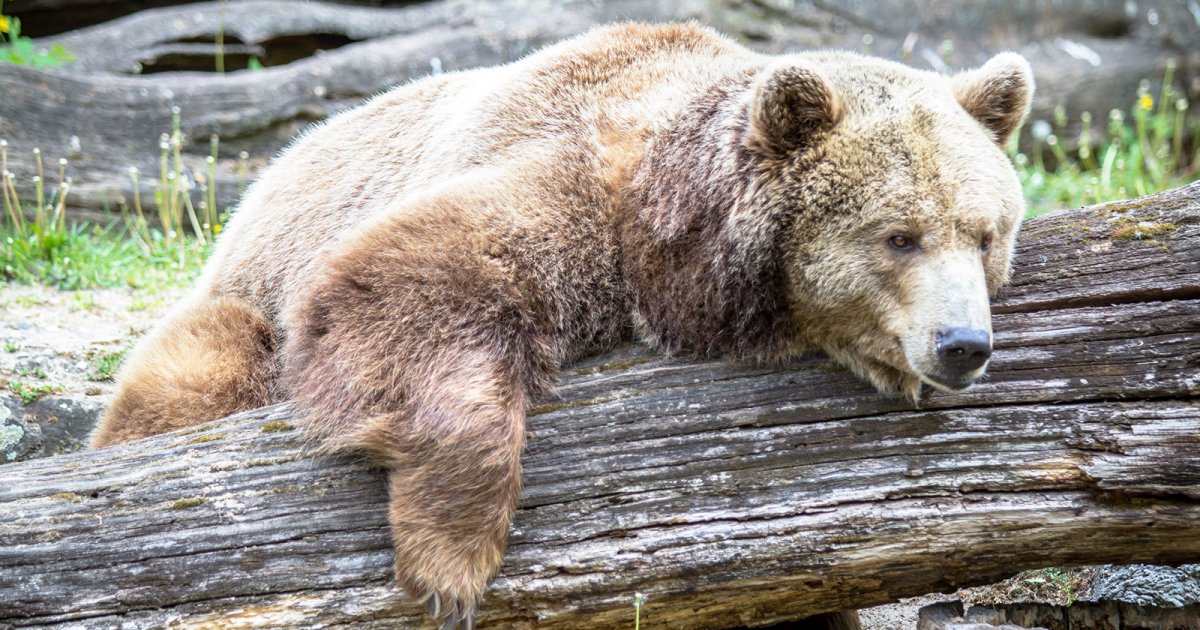BERLIN ZOO, Berlin Zoo
 Language: English / USA
Language: English / USA
Hi, my name’s Jill, and I’m your personal guide. Along with MyWoWo, I’d like to welcome you to one of the Wonders of the World: the Berlin Zoo.
The Berlin Zoo is one of the oldest in Germany, and one of the most famous in the world.
This zoo, located in the south-west part of the Tiergarten, is one of the finest in the world in terms of the number of species found there: 1400, with a total of 14,000 animals. This is why it attracts more visitors than any other zoo in Europe.
During the Prussian Empire, the whole area was a game reserve for noblemen, and part of it was reserved for raising pheasants destined for the royal kitchens. The zoo was opened here in 1844, on the initiative of the zoologists Alexander von Humboldt and Martin Lichtenstein.
To help you get your bearings, once you enter the zoo, look to your left, where you’ll find the “homes” of the large mammals: rhinoceroses and hippopotamuses. Behind these is the world of birds, with hundreds of species, many of them extremely rare. To the right of the main entrance, elephants, antelopes and pandas are waiting to impress you, while in the central area, you’ll find pigs and other farm animals. The penguins will take you on a fascinating trip through the icy Antarctic to find out more about our favorite two-legged feathered friends.
The route through the park ends with the aquarium, where you can find out more about species found in the various seas around the world, as well as take a look at some reptiles and insects, and the “carnivore house”, home to cheetahs, panthers, tigers and lions.
Let me leave you with an interesting fact: in 2007, the whole world was moved by the story of the polar bear cub, Knut. Born here in Berlin Zoo, the cub was rejected by its mother and raised by one of the zoo wardens. Knut’s story had enchanted the internet, and millions of visitors flocked to Berlin just to see the zoo’s little star attraction. Unfortunately, the story was destined to have a sad ending, and Knut died at the age of just four, perhaps from a rare disease.



